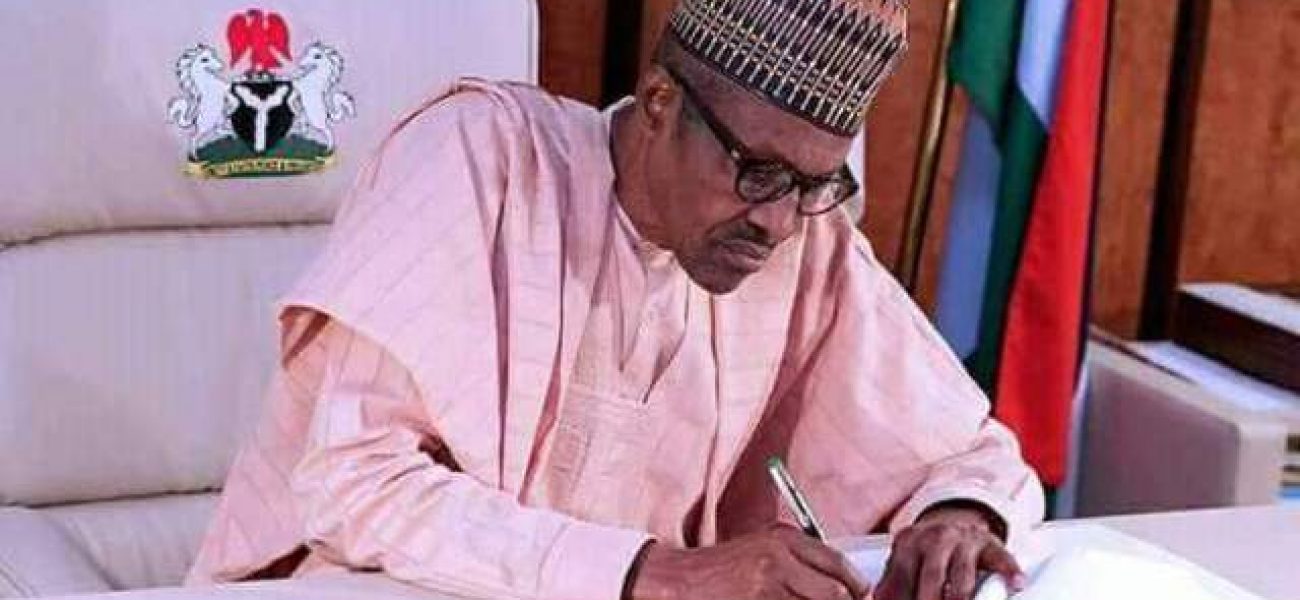Last week, the National Assembly transmitted the Electoral Bill, 2021 to President Muhammadu Buhari for assent. It comes amidst protests by State sponsors under the aegis of the Governors’ Forum calling for the President to reject the National Assembly’s prescription of direct primaries as the only mode for selecting candidates for election by political parties.
Governors and National Assembly members have had to contest whether the choice of candidates by political parties should be by direct or indirect primaries. Under the system of direct primaries, members of political parties choose their candidates for elective positions, as distinct from the method of indirect primaries which only allows select delegates of the parties to decide.
Legislators contend that the powers of Governors to handpick delegates and influence their selection of candidates has been used arbitrarily and to the detriment of those not favoured by the Governors. The current Electoral Act 2010 (as amended) allows for selection of candidates by direct and indirect primaries. Nigerians appear however to be rankled by the ping-pong of arguments between the Governors and National Assembly members. Citizens are clear in expressing that their larger concern is about how to achieve improved and credible elections in Nigeria, rather than the political intrigues within the political class.
Citizens are however calling on President Muhammadu Buhari to assent to the Electoral Bill as soon as possible, in the light of extensive efforts by election stakeholders towards the actualisation of a new electoral law and more importantly, in the interest of deepening democracy in Nigeria. Anybody or group of persons who are not satisfied with certain provisions in the bill may consider proposing amendments after it has been passed into law.
The need for a new electoral law became imperative to address bottlenecks in election administration and provide a legal framework that empowers the Independent National Electoral Commission (INEC) to deploy technological solutions and other extensive reforms to Nigeria’s elections.

